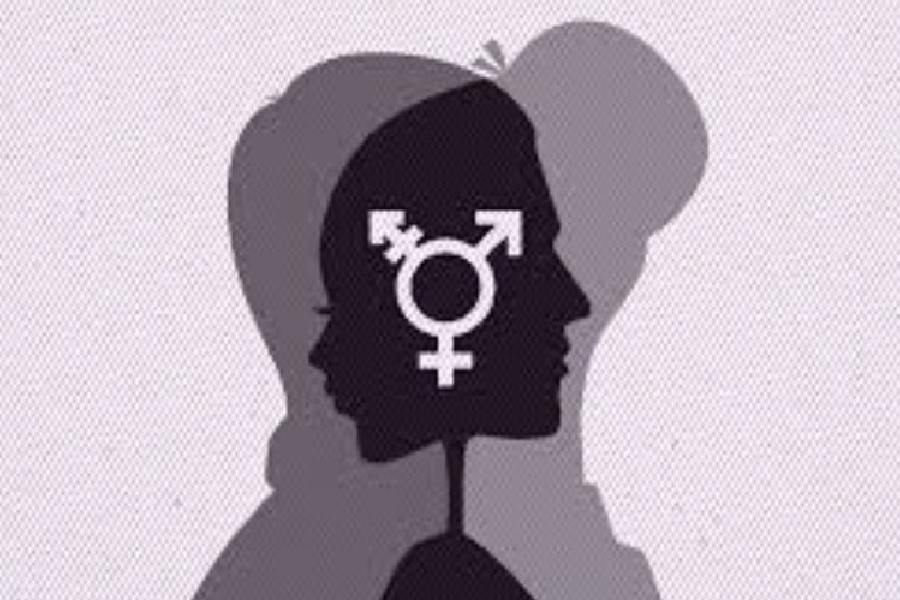Stories of discrimination faced by transgenders in their everyday lives came to the fore at an event held last week.
Discrimination is everywhere — at their own homes, in the bazaars, workplaces, government offices, and even at hospitals.
A transgender person had gone to a police station to report an alleged harassment. “You people are behind the harassment of people at traffic signals. You are not the victim but the perpetrator,” an officer allegedly told her.
Another transwoman had bought a flat on the northern fringes of Calcutta. The promoter allegedly defaulted on the promise of installing electric meters for the residents. After a sustained protest by the residents, the meters were installed. “For all of the residents, except me. As if my existence is immaterial,” she said.
The members of the transgender community were speaking at a programme organised by the Centre for Health and Social Justice, which works to promote meaningful change in the lives of the marginalised communities, and Kolkata Rista, a transgender collective.
Several members of Kolkata Rista shared personal experiences at the event, highlighting the numerous daily challenges to a life of dignity.
All of this is despite what many activists have dubbed a landmark legislation — the Transgender Persons (Protection of Rights) Act 2019.
On Wednesday, a lowdown — a simplified Bengali translation — on the Act was distributed among all the participants. “The original Act is in English. Most of our members cannot understand it. The translation will help them in understanding their rights,” said Santosh Giri, the founder of Kolkata Rista.
In 2014, in what came to be known as the Nalsa judgment, the Supreme Court ruled that transgender persons had the right to self-identify their gender as male, female or third gender and that the constitutional rights to life, dignity and autonomy would include the right to one’s gender identity and sexual orientation.
Subsequently, in December 2019, the government brought in the Transgender Persons (Protection of Rights) Act 2019, for which the rules were notified in September 2020.
“Both the 2014 Nalsa judgment and the TG Act are landmark legislations,” Maitrayee Mukhopadhyay, who has taught gender studies at the Royal Tropical Institute in Amsterdam for over two decades, told Metro on the sidelines of the event.
“In India, the transgender issue is in our face. There is acceptance, which does not necessarily mean treating transgenders as equals,” she said.
A 24X7 helpline for transgenders was launched in August last year by the two organisations. It has two numbers — 8334844995 and 8334844996.
Between August 1 last year and September 15 this year, the helpline received around 80 calls.
“Problems in availing basic citizens’ services, trouble finding a shelter, getting transgender cards, lack of a steady income and harassment by police and other agencies are among the recurrent complaints,” said a member of Kolkata Rista, who supervises the helpline.
The transgender certificate and identity card are needed to avail of the welfare measures being provided under the SMILE (Support for Marginalised Individuals for Livelihood and Enterprise) scheme.
The prevalence of HIV is among the highest in transgenders in India.
“Many of the HIV patients refuse ART treatment because of the stigma they face at healthcare centres,” said Shanta Dutta, director of ICMR-National Institute of Cholera and Enteric Diseases (Niced), one of the guest speakers.
Anti-retroviral therapy (ART) is extremely important in the treatment of Aids.
